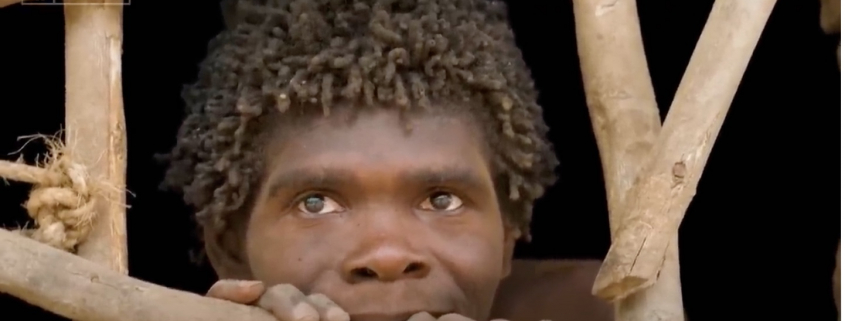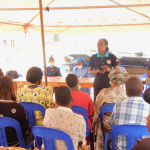TV programme on the challenges for mental health care in Uganda
One of our partners in Uganda sent me a link to this 10-minute video on Youtube.
Mental illness in Uganda: millions abandoned without diagnosis, drugs or support.
It was shown on Channel 4. https://youtu.be/jT7kFaTuDZY
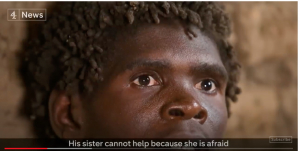
I have just watched it and it describes all too clearly how difficult it is for people to access mental health care in Uganda. It shows a family who has to lock up their son as they and the neighbours are afraid of him when he is disturbed, as they don’t know what else to do or where to go. It demonstrates that there is still a great need in Uganda, but also that the approach we are taking in Jamie’s Fund is along the right lines.
There is an interview with Professor Segane Musisi who describes how one of the problems is the lack of mental health literacy, so people don’t know what to do when someone is mentally ill. We are addressing this in all too small a way with our Community Leaders Sensitisation. This is a one-day session for local leaders to learn what can be done for those with a mental illness.
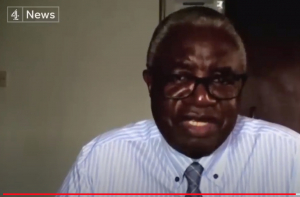
Prof Musisi also talks about the lack of trained mental health staff in Uganda. Again, we are helping to address this by sponsoring seven nurses to train as psychiatric clinical officers, and we have trained over 900 non-specialist clinical staff in the basics of diagnosis and treatment of mental illness and epilepsy on a five day course using WHO material.
Three weeks ago, I was in a Zoom meeting with the lead for Mental Health in the Ministry of Health in Uganda, Dr Hafsa. I was pleased to hear her say that she has been impressed by the number of hospitals she has visited where they talk about support from Jamie’s Fund. She also said how she has seen how we have “shaken up mental health services” in one of the main Catholic hospitals in Kampala.
She confirmed that our programmes are in alignment with the priorities set by the Ministry of Health.
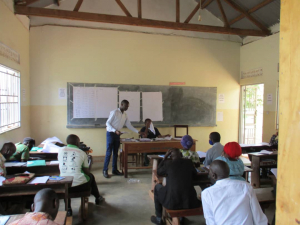
But there is still so much to be done. We could fund ten times as many Community Leaders Sensitisation sessions with our 25 partner hospitals if we had the money, and still the level of mental health literacy would be relatively low.
And the cost of medication remains an issue for many.
If you would like to contribute to fund more training, please click the donate button at the top of the page.
Thank you.

